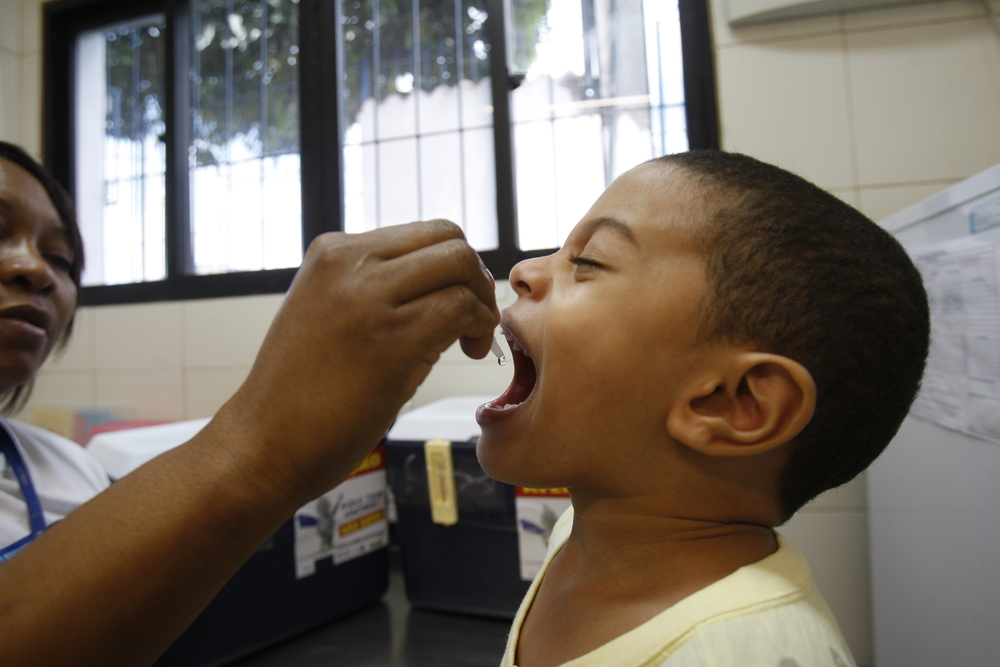In 2020, amid the deadliest health crisis in Brazil’s modern history, “vaccines” was the word on everyone’s lips. But while the population clamored for coronavirus jabs, the country’s coverage rate for basic inoculations reached its lowest level in decades.
Public health data compiled by Fiquem Sabendo, an agency specializing in access to information, show that vaccination of infants up to two years of age fell to its lowest rate in over 20 years in 2020. None of the main obligatory vaccines reached the federal government’s 90 percent target. Only the pneumococcal VPC-10 jab — which prevents pneumonia, meningitis, and ear infections in children — saw coverage of over 80 percent.
Between 1995 and 2015, the BCG tuberculosis vaccine saw record numbers of applications, but rates slowly began declining since. In 2020, the BCG coverage rate reached its lowest level since records began, with only 73.8 percent of children receiving the jab.
A hurried analysis could suggest that this trend is the result of growing anti-vaccine sentiment in Brazil, backed by far-right President Jair Bolsonaro who defends that vaccination should be optional. Indeed, the president also claims not to have taken a coronavirus vaccine, declaring that he has no plans to do...


 Search
Search






































